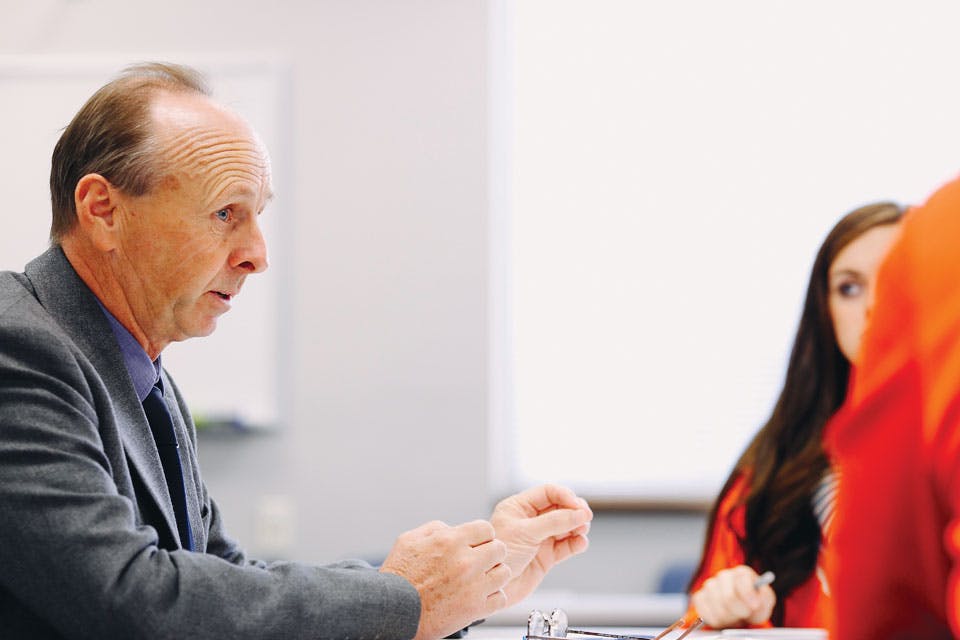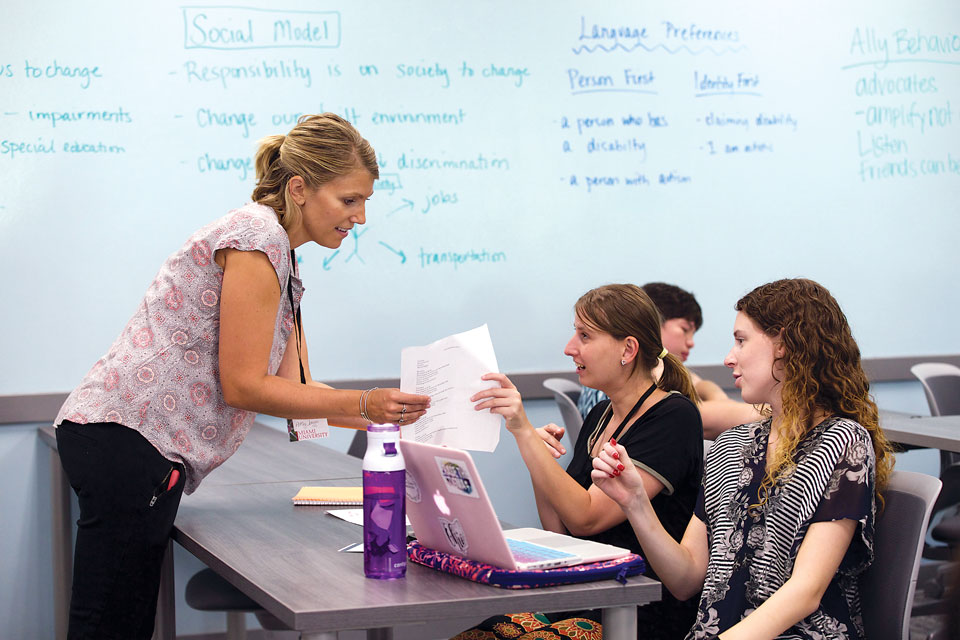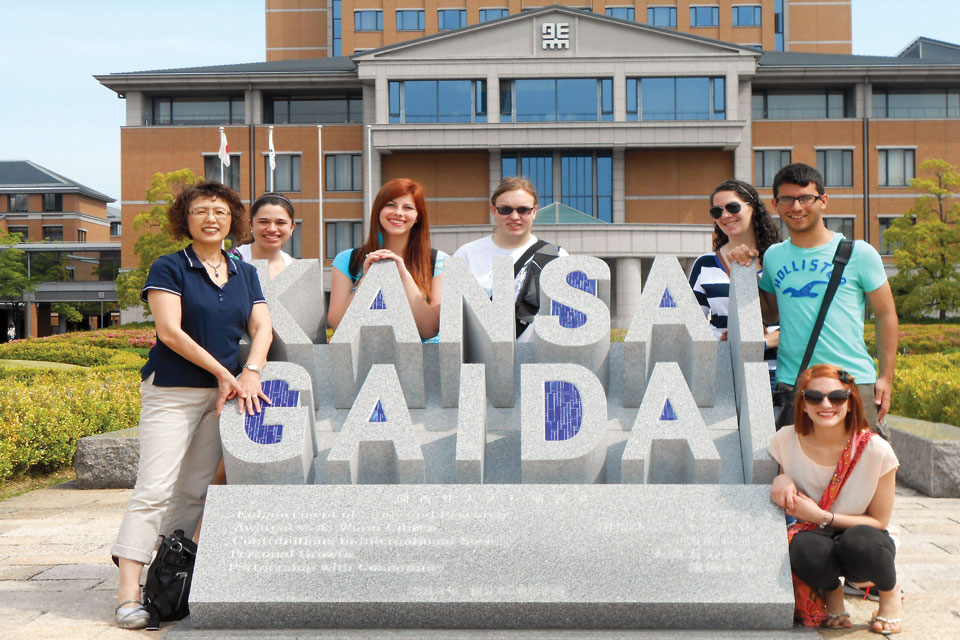Excellence in Education: Inventive Educators
Whether they’re teaching how to better reach students with disabilities or sharing a culture from the other side of the globe, these educators use methods that make a difference.
Related Articles

See Ohio in a New Way at These Six Historic Sites
In celebration of Ohio Statehood Day on March 1, we share six places, artifacts and landmarks that illuminate history and help us see our shared heritage in new ways. READ MORE >>

Backstory: Dining Out in the Country
At these six spots you can have it all. Superb settings. Enchanting ambiance. First-rate food. READ MORE >>

Ohioan Emma Betsinger Talks ‘Love Is Blind’ Season 10
The new season of the Netflix series, which debuted Feb. 11, features Ohioans looking for love. Columbus-based contestant Emma Betsinger talked with us about her experience. READ MORE >>






